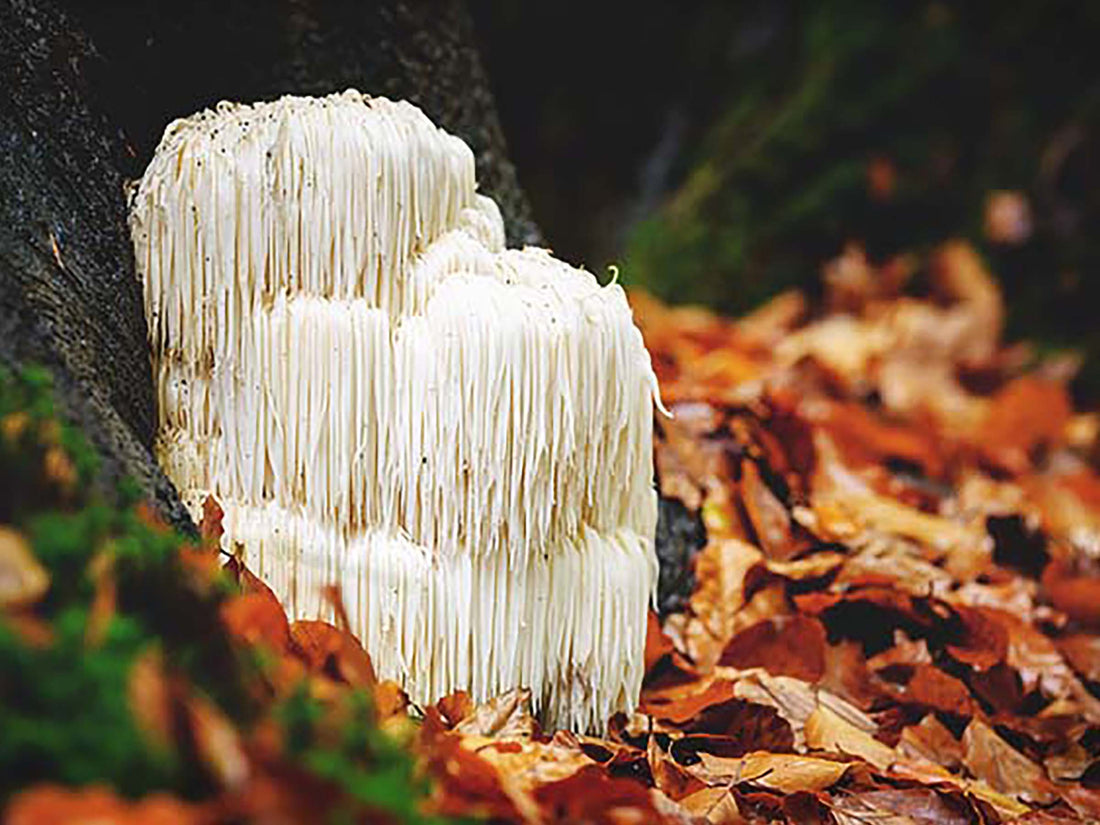
Bioavailability of medicinal mushroom supplements
Share
Bioavailability of medicinal mushroom supplements
Introduction
When you buy a dietary supplement, you automatically assume that you will benefit from it. But this assumption is not always justified: quite a few supplements contain limited or no bioavailable bioactive ingredients at all. ('Bioavailable' meaning: the human body is able to digest and absorb the ingredient.)
The average consumer will not be aware of this limited bioavailability (this information is never revealed on the supplement's label) so is basically wasting his money. Examples of ingredients with limited or no bioavailability are e.g. resveratol, green tea extract (ECGC) and betulinic acid.
We want to discuss a whole group of supplements that are mostly useless, unless they've been subjected to processing: medicinal mushroom supplements (sold in the form of capsules, powder, tablets, and aqueous solutions/tinctures). Medicinal mushrooms became very popular during the past 10 years, not in the least because of health gurus like David Wolfe, Cass Ingram and Daniel Vitalis. Examples of medicinal mushrooms are Reishi, Chaga, Cordyceps, Maitake and Coriolus, to name a few popular ones.
To cut straight to the conclusion: unless mushrooms (both raw and dried) have been subjected to an extraction process, they are basically indigestible for the majority of people and you will not experience noteworthy therapeutic effects. The majority of mushroom products on the market have not been subjected to an extraction process. The bioavailability of the active ingredients is low at best (± 1/30th to 1/50th of a genuine extract) and the term 'extract' is often used in a deceiving way.
A 2015 study performed by Bastyr University offers additional proof. While investigating two specific immunological parameters the differences (therapeutic effect) between extracted and non-extracted mushroom products were very obvious.